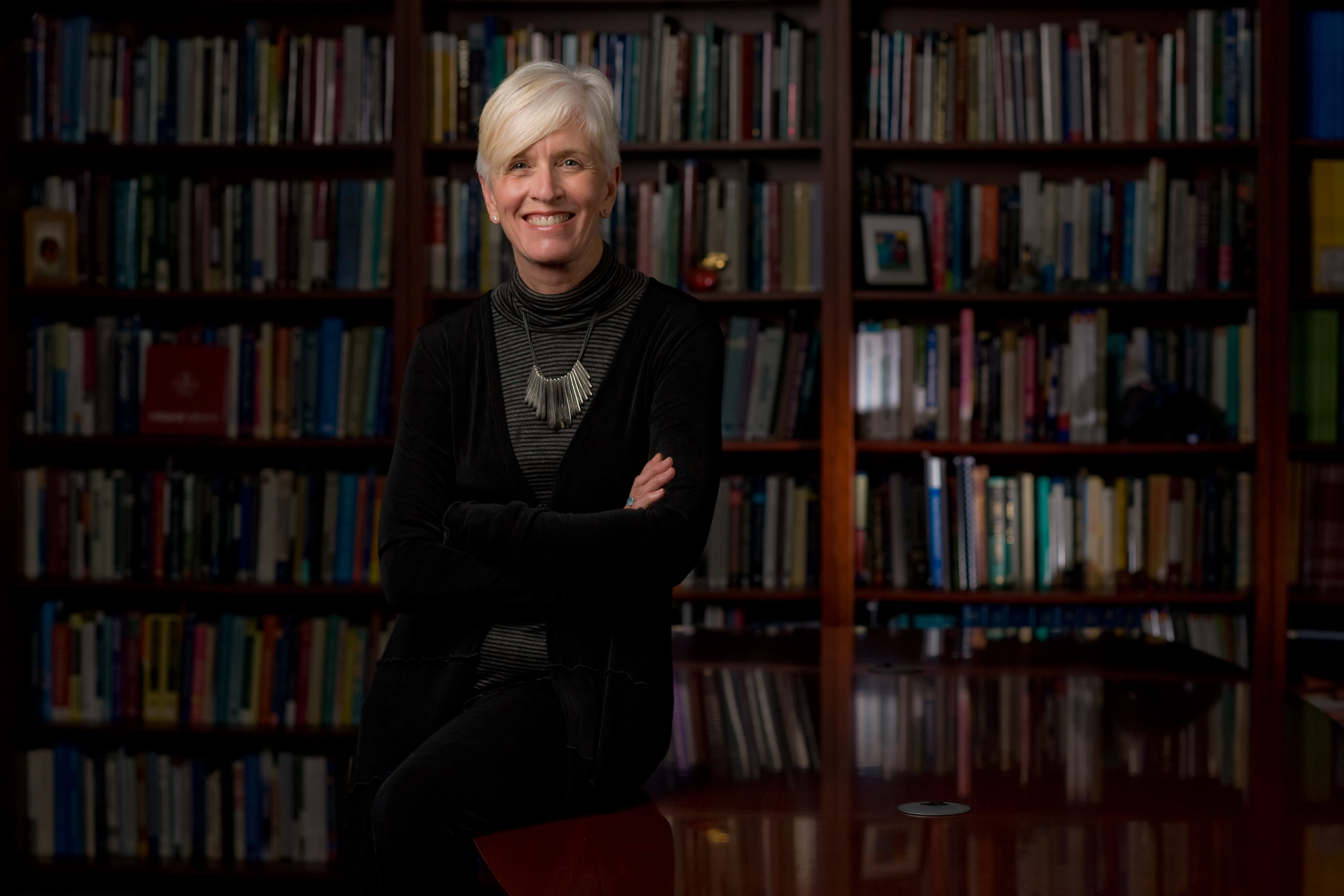Making the CASE for extracurricular education
Pioneering UCI program celebrates 10 years of training and certifying students to administer K-12 after-school care

After 163 certified undergraduates, countless K-12 students and more than 15,000 hours volunteered at hundreds of Southern California schools, UCI’s groundbreaking Certificate in Afterschool & Summer Education program is celebrating its 10th anniversary and reflecting on a decade of advances in the field of out-of-school education.
UCI’s School of Education began the first-of-its-kind program in 2007 to train and certify UCI students to administer K-12 after-school activities. Participants take 24 units of classes and complete at least 70 volunteer hours, though most rack up closer to 100. Undergraduates work in neighboring schools and organizations, including Girls Inc., the Samueli Academy in Santa Ana, and KidWorks in Santa Ana.
While CASE students come from all majors and minors, many aspire to become after-school educators in some capacity. It’s an increasingly necessary vocation, says program co-director Jenel Lao.
“CASE provides a unique opportunity to focus undergraduates’ attention on out-of-school time and, hopefully, inspire a pipeline of professionals into the field,” she says. “This is important because all of our research tells us that what young people do after school can truly be life-changing, either positively or negatively.”
Lao works closely with CASE founder Deborah Vandell, a UCI professor of education who has been pioneering after-school education research since the early 1980s. At that time, more women began returning to the workforce after childbirth, spurring a national debate over whether after-school child care could be as developmentally healthy as family care. Vandell was among the first to examine the issue.
“When I did my first study of after-school care, almost 40 years ago, there was virtually no existing research in the field,” she says. “The earliest studies suggested that it had negative effects on children, but I wasn’t satisfied with that conclusion. I wanted to find out why – and whether those outcomes could be improved.”
Vandell has devoted decades to getting these answers, with grants from the National Institute of Child Health & Human Development, the Charles Stewart Mott Foundation, the Packard Foundation and others. She’s found that although long hours spent in low-quality after-school programs can be detrimental to child development, high-quality after-school education can yield positive behavioral and cognitive results.
The all-important “quality” factor, Vandell says, is tied to the after-school staff. Regardless of K-12 students’ family income levels, engaging, invested and involved teachers make the most significant difference. She and other UCI School of Education faculty launched CASE as a means of preparing these educators.
Starting the program was a challenge, as there were no existing models on which to base the curriculum, but once students began enrolling, UCI quickly cemented its reputation as an innovator in out-of-school education research. Alongside accomplished education professors, six current Ph.D. students are focusing on the topic, making UCI one of the largest hubs of such scholars in the country.
“UCI is a national leader in out-of-school care, and we’re lucky to have such distinguished faculty teaching the next generation of after-school educators,” Vandell says. “We hope our high-quality academic coursework coupled with supervised field experience can serve as a model for other universities that want to implement similar programs in the future.”
Professor Sandra Simpkins, CASE co-director, joined UCI’s faculty three years ago because “it’s the place to be to study after-school education.” Simpkins, who has been involved in after-school research since she herself was a University of California student, says the CASE program is unique for the hands-on work participants do.
“It’s fantastic to see undergraduates functioning as agents of change in the community,” she says. “I love passing along my excitement about this subject to our CASE students and seeing them interact with K-12 students in local schools. After-school education, when it’s administered by people who truly care, provides an amazing opportunity for kids to develop and learn in ways they can’t during the school day.”
Due to CASE’s popularity, UCI plans to expand the scale of its after-school education offerings in coming years, both on and off campus. Education professor George Farkas is developing a tutoring course to augment CASE classes and working with Vandell and the National AfterSchool Association to bring elements of the CASE program to educators nationwide.
As for the 163 CASE-certified UCI students, 24 of whom graduated in June, Lao says most are eager to enter the field and “give back to their communities, as many themselves attended after-school programs growing up.”
“One of the cool things about teaching CASE is that many of my students are from the same neighborhoods that publicly funded after-school programs are designed to serve – neighborhoods with low-income schools that have underperformed for years,” she says.
“I’ve had so many students tell me that they had no idea how important after-school education was to them until they went through CASE, and now they’re out there working in the field, knowing that after-school time can be just as important as the school day when it comes to preparing K-12 students for college and careers.”